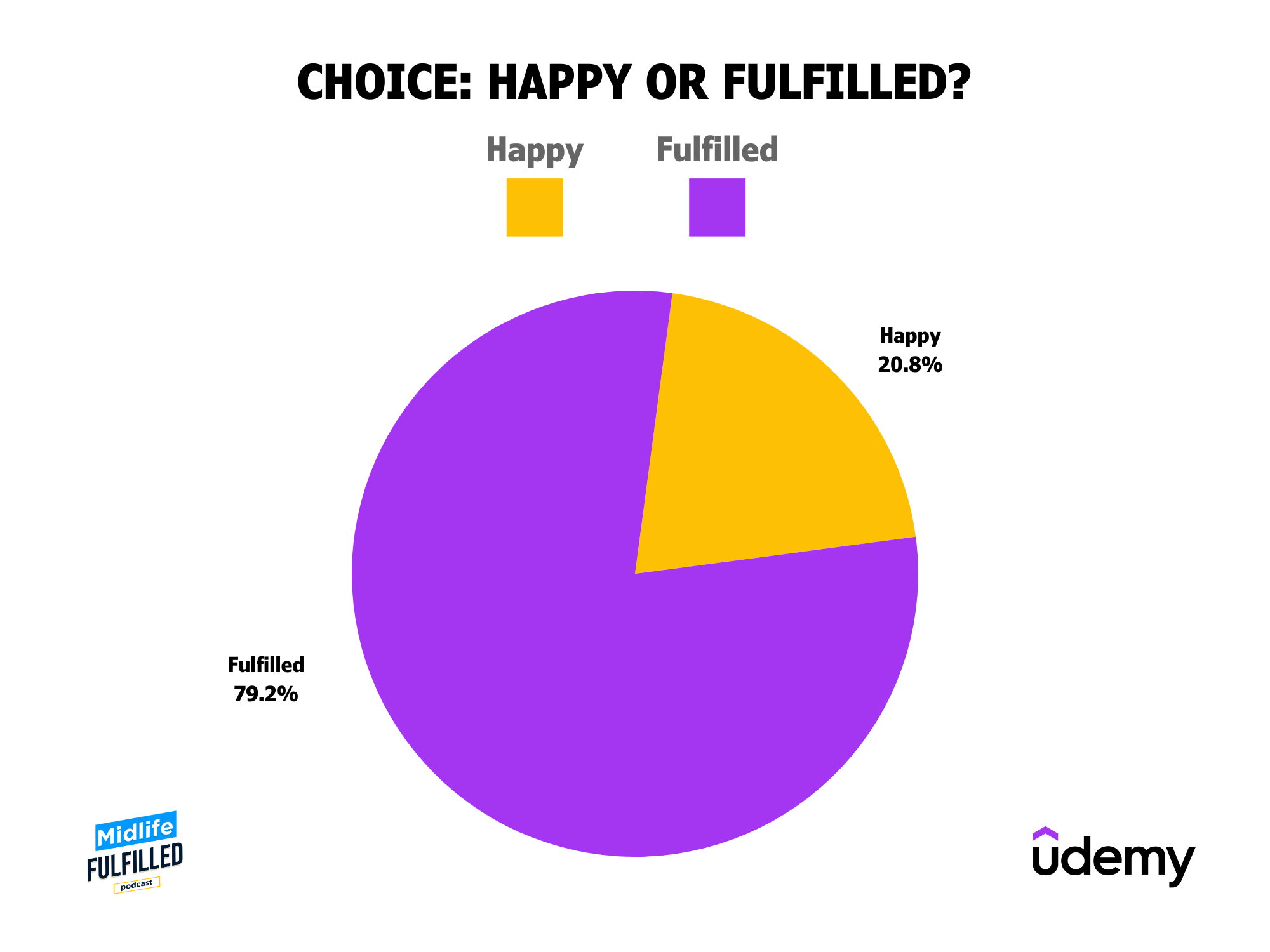What if I told you that as a leader, you have the power to create an environment where your team members feel truly fulfilled—not just at work but across all aspects of their lives? Imagine the impact on employee satisfaction, loyalty, and retention if your leadership strategy focused on your team’s holistic well-being.
Leaders have a profound impact on their employees, significantly influencing their engagement, productivity, and overall job satisfaction. Have you ever joined a company to follow a leader you previously worked with? Have you ever left a job because you couldn’t stand working for a particular leader?
The research clearly shows that leaders play a crucial role in both employee retention and turnover. Leaders account for a staggering 70% of the variance in employee engagement scores across different business units. This means that the quality of leadership is the single biggest factor determining whether employees are engaged at work.
Fulfillment-Focused Leadership is A Blueprint for Sustainable Growth
A leadership style that recognizes the importance of the five key life pillars: health, fitness, career, relationships, and legacy isn’t just a feel-good approach—it’s a strategy for success. Here’s why.
Employee Satisfaction (ESAT) Skyrockets
Employee satisfaction is more than just a nice-to-have metric. It’s the heartbeat of a thriving organization. When leaders embrace a fulfillment-focused approach, they prioritize each team member’s entire life, not just their performance at work. How does this look in practice?
It might mean encouraging flexible work schedules so employees can focus on their fitness or relationships outside of work. Or offering career development programs that align with their long-term goals, helping them feel like they are growing, not stagnating. When employees feel supported in achieving balance across their health, fitness, career, relationships, and legacy, their satisfaction skyrockets. And satisfied employees bring more energy, passion, and loyalty to the workplace.
Research consistently shows that employee satisfaction increases when work-life balance and holistic well-being are prioritized. According to a 2020 survey by Glassdoor, employees who feel supported in achieving personal and professional balance are more likely to report high job satisfaction and engage meaningfully in their work. According to a study by Deloitte, 80% of respondents ranked well-being as the top-ranked trend, identifying it as important or very important to their organization’s success.
Additionally, Harvard Business Review notes that when employees are provided with opportunities for personal growth, including health and career development, job satisfaction and productivity increase.
Employee Loyalty Increases
Loyalty doesn’t come from perks or bonuses alone—it’s built on genuine care and connection. When leaders make an effort to understand their team members on a deeper level, they foster trust and loyalty. A leader who takes the time to check in on how an employee’s health is impacting their work, or who recognizes that building a meaningful legacy is a personal goal, is a leader who will earn long-term loyalty.
In fact, when employees feel like their leader cares about their whole life, not just their job performance, they’re more likely to stay through tough times. They feel seen, heard, and valued, which builds a strong emotional bond with the organization. That’s a level of loyalty money can’t buy.
Loyal employees tend to be more engaged and committed to their work, leading to increased productivity and better performance. They are more likely to:
- Go above and beyond in their roles
- Seek ways to improve processes and solve problems creatively
- Collaborate effectively with colleagues
- Contribute to a positive work culture
This enhanced productivity and performance directly translate to improved business outcomes and growth.
A study published by Gallup found that employees who believe their employer cares about their well-being are 69% less likely to actively search for a new job, and five times more likely to strongly advocate for their company as a place to work and to strongly agree they trust the leadership of their organization. Another report by International Foundation of Employee Benefit Plans found that 75% of employers offer wellness initiatives primarily to improve overall worker health and well-being.
Improved Employee Retention
In today’s competitive job market, retention is critical—and it’s getting harder. Employees leave when they feel unfulfilled, stagnant, or unsupported in their personal and professional lives. But when leaders focus on creating an environment where employees can thrive across all five pillars of midlife—health, fitness, career, relationships, and legacy—the organization becomes a place where people want to stay.
Retention improves when employees feel like they can pursue their personal goals without sacrificing their professional success. For example, if your workplace encourages health initiatives, employees feel more energized and are less likely to burn out. If your team feels like they are contributing to something meaningful, they’ll be more motivated to stay and grow with the company. Fulfillment-driven leadership reduces turnover and attracts people who are in it for the long haul.
Data from the Society for Human Resource Management (SHRM) indicates that turnover decreases significantly in organizations that offer holistic wellness programs. SHRM reported that 45% of employees would stay with a company longer if it invested in their health and well-being. A report by ClearCo also found that companies offering career development programs, alongside health and personal growth opportunities, experience 34% higher retention rates.
A Leadership Style for Today—and Tomorrow
Leading for Fulfillment Drives Workplace Success
In a world where personal and professional lives are deeply intertwined, leaders who prioritize their team’s holistic well-being across the five key pillars—health, fitness, career, relationships, and legacy—are the ones who build successful, sustainable organizations. It’s not just about keeping employees happy; it’s about helping them achieve fulfillment in these critical areas of life. When your leadership approach nurtures employees’ physical and mental health, supports and encourages fitness goals, fosters career growth, encourages meaningful relationships, and empowers them to build a lasting legacy, you’ll experience a measurable difference in employee satisfaction, loyalty, and retention.
In our Thriving in Midlife report produced in collaboration with Udemy, respondents reported choosing fulfillment (79.2%) over happiness (20.8%) if they could only choose one. Correlated to the workplace, if your employees choose fulfillment over happiness, how equipped is your organization to enable it?
Feature image source credit Freepik.com.








